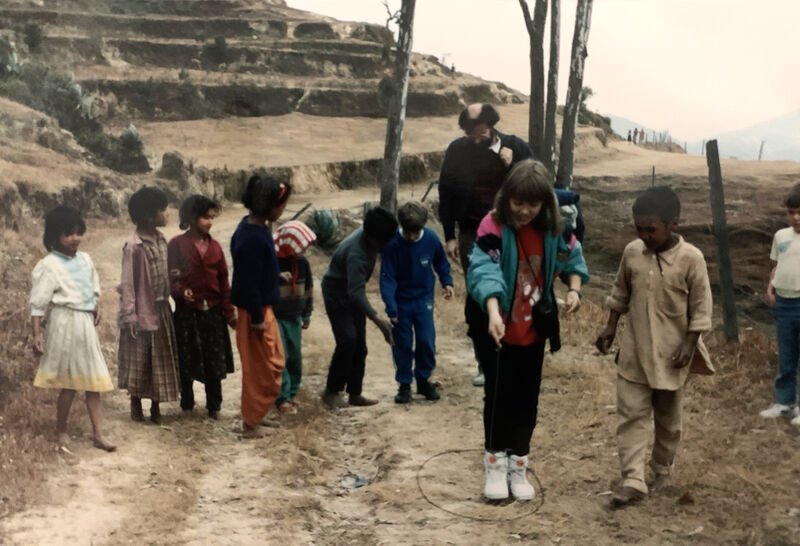Understanding the social impacts of climate change
Climate change isn’t just an environmental issue—it’s deeply social. This article explores the real-world impacts on housing, health, inequality, and community support systems, and makes the case for why people and place need to be at the centre of climate resilience planning.
Designing cities for everyone: What neurodivergent people wish planners knew
How well do our cities support neurodivergent people? My research into neurodiversity and the built environment reveals critical gaps in urban design, wayfinding, and accessibility—showing how many public spaces unintentionally exclude those with cognitive differences.
From sensory overwhelm in transport hubs to navigation barriers in city layouts, neurodivergent individuals and families face daily challenges that remain overlooked in mainstream urban planning. This article explores the key findings, the real-life impact of poor design, and practical ways to make cities more inclusive.
What a lone tree can teach us about social sustainability
What makes a place thrive? Some spaces naturally foster connection, movement, and engagement, while others struggle to stay relevant. Social sustainability is about creating places that last—not just physically, but socially. In this post, we explore what makes a space truly sustainable and how we can design places that people want to be in for generations to come.
The future of sustainable cities is social—here’s why
Social sustainability is often overlooked in urban planning, yet it’s essential for thriving, resilient communities. This article explores why housing affordability, wellbeing metrics, and social value must be embedded into development policies—and outlines key actions to make it happen.
The challenge of measuring what truly matters: why I practice social planning
Those who have heard me speak on why I became a planner know that a trip to Nepal when I was 11 years old was pivotal. Growing up, my dad would take us on holidays off the beaten track, spending time with local people—understanding how they lived and enabling us to experience the sights, smells, and landscapes of other cultures.
These trips had a profound impact on me. They shaped the way I saw the world, ignited my love of human geography, and ultimately led me down the path of social sustainability in which I work today.






